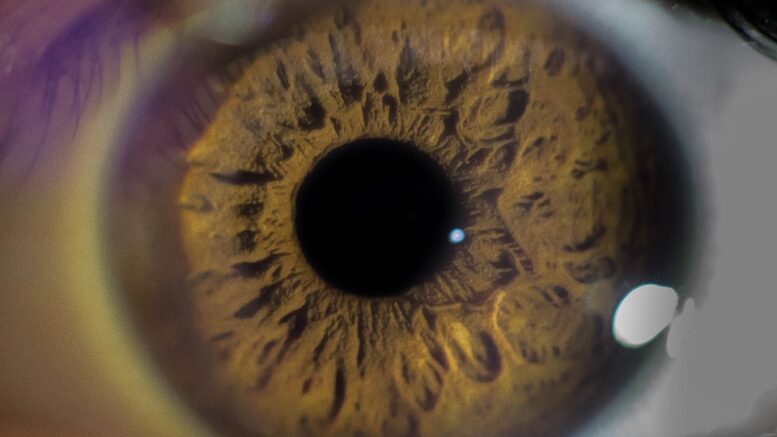Diabetes is a condition that affects the body’s capacity to generate the hormone insulin, resulting in high levels of blood glucose (sugar). Eye disorders such as hazy vision, cataracts, glaucoma, and diabetic retinopathy can all be caused by high concentration of sugar in one’s blood over an extended period of time.
Diabetes usually causes harm to the tiny blood vessels in the retina, or back of the eye. The disorder that most frequently causes vision loss in diabetics is called “diabetic retinopathy”. When blood vessels in the retina are subjected to elevated blood glucose concentrations for too long, diabetic retinopathy can develop, causing the walls of the arteries in the eyes to weaken as a result. To ensure your eyes are healthy and not falling prey to retinopathy, it is crucial that you regularly get a diabetic eye exam.
What is the purpose of a diabetic eye test?
Periodic eye checkups are highly recommended for anybody living with diabetes. They enable your optometrist to check for abnormalities in the blood vessels of the retina, which could suggest diabetic retinopathy. The following is a list of what to anticipate throughout a diabetic eye test:
- You will first be questioned about your health and vision history by your optometrist.
- You’ll then be examined using an eye chart.
- The physician will use a piece of equipment called an ophthalmoscope to inspect the retina in the back of your eye.
- Your doctor will most likely administer medications to your eyes that will dilate your pupils so he or she can examine your retina with a slit lamp.
- Optionally,they may perform a fluorescein angiography, a test that can detect changes in the form and functioning of the retinal blood vessels. Your physician will infuse a brilliant yellow dye into one of your veins for this test, then observe your retina as the dye lines the blood vessels.
- Throughout the course of your diabetic eye checkup the doctor will also evaluate your eyesight for cataracts and macular degeneration.
Why are diabetic eye examinations necessary for diabetic patients?
Diabetic retinopathy, diabetic macular edema, cataracts, and glaucoma are all serious eye illnesses to which diabetics are susceptible. You should schedule an eye exam as soon as you notice the first signs.
Diabetic eye issues can result in poor eyesight and even irreversible loss of vision if they go unnoticed or ignored. Patients with diabetes, on the other hand, can retain great eyesight for many years with early diagnosis, medication, and appropriate blood sugar regulation. Alimera Sciences is of great help in providing medication to doctors who must treat diabetic macular edema, so prognosis is good if you’re treated early on. Diabetic eye exams are the most critical tool for detecting these diseases early on and preventing them from taking root.
